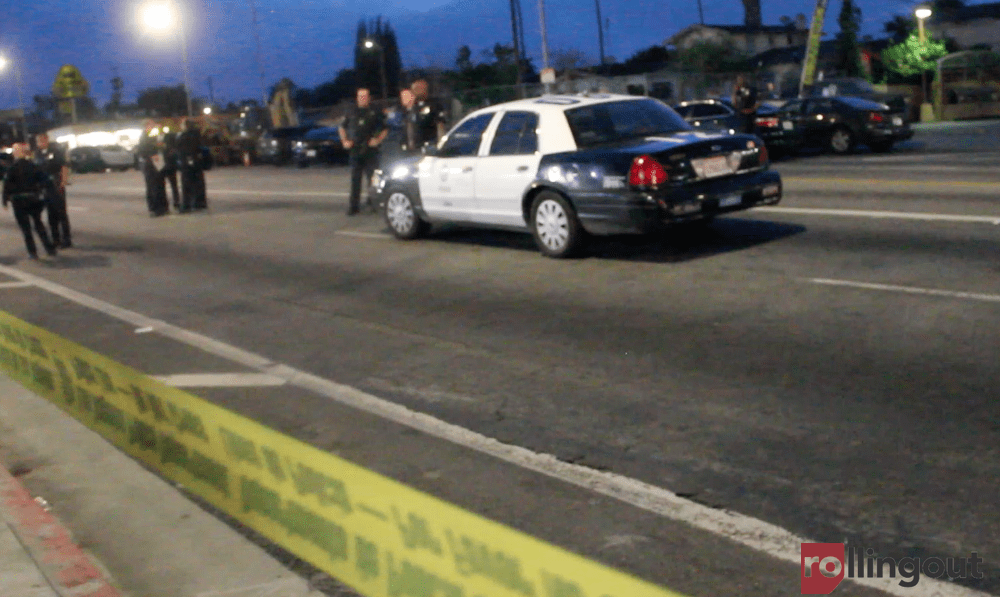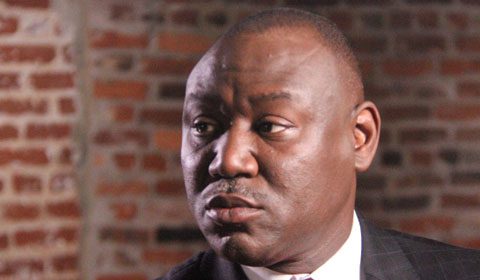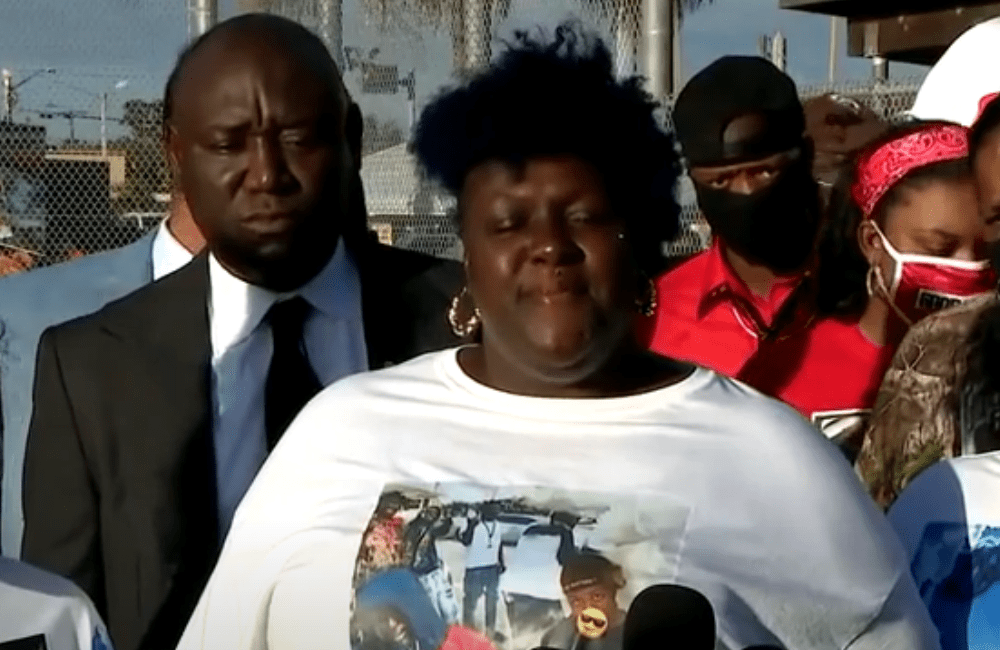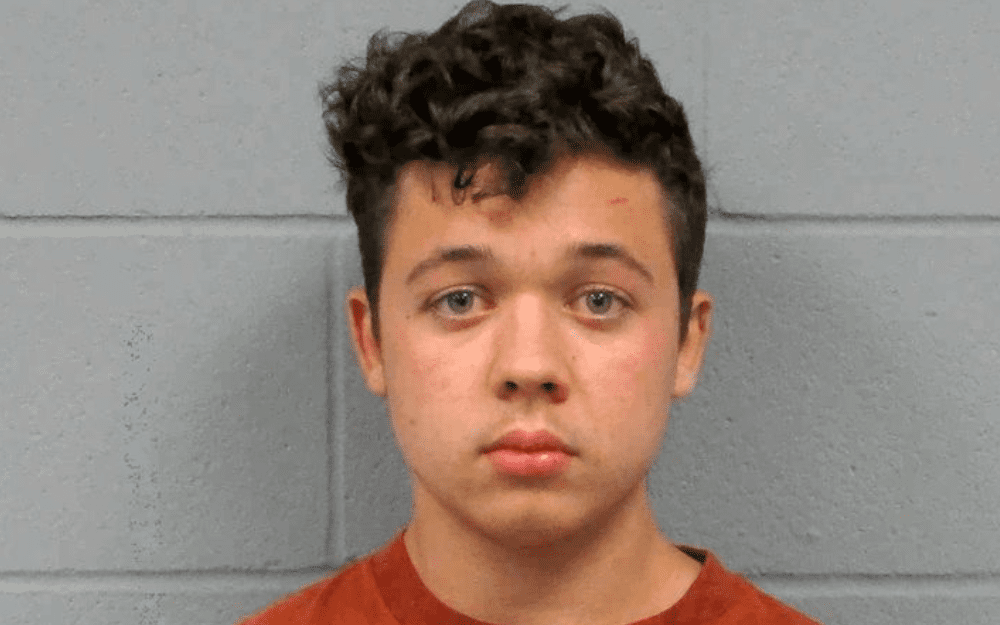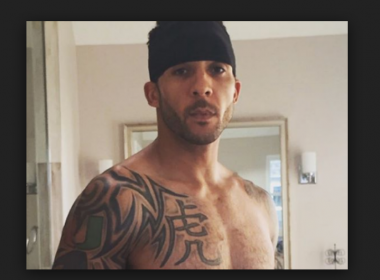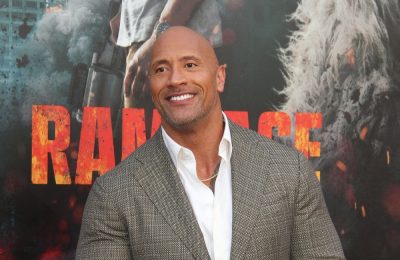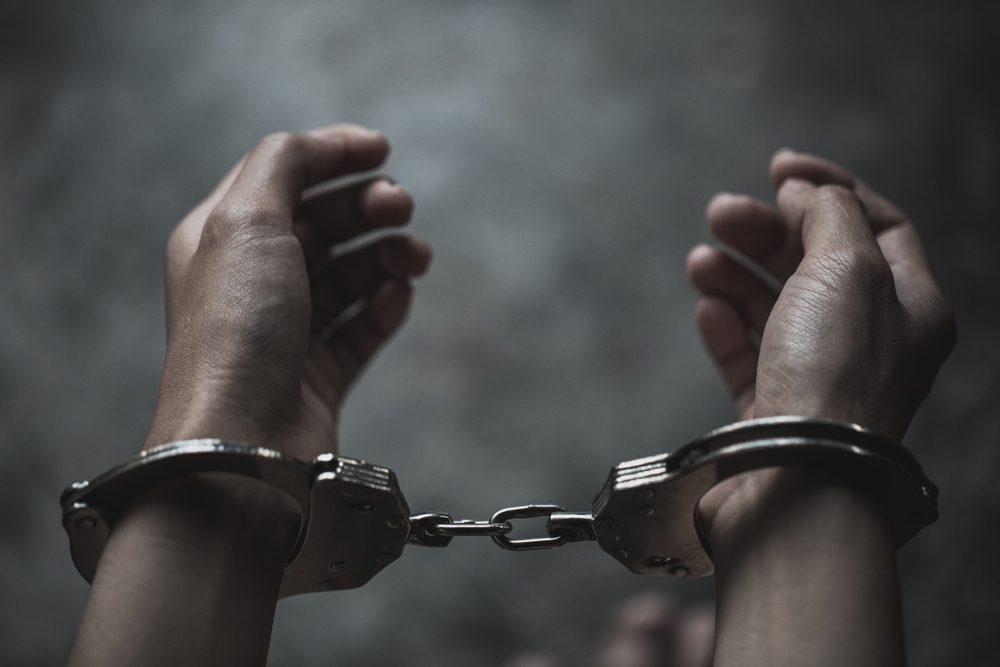
El Cajon Police were called on Tuesday, Sept. 27, 2016, to a parking lot at the Broadway Village Shopping Center at 1 p.m. PST after being told a 30-year-old man was acting erratically. Dozens of officers swarmed the retail center located at Broadway and North Mollison, El Cajon Police said. El Cajon is located in suburban San Diego.
Rob Ransweiler, El Cajon Police spokesman, said the man did not comply with officers demands and the encounter ended with an officer-involved shooting.
The victim’s sister is demanding to know why police shot her brother named unofficially as Alfred Olango — who had mental health issues and she had called them to help.
Wearing a black tank top and blue jeans, Olango was walking in traffic “not only endangering himself, but motorists.” He refused multiple instructions by the first officer on the scene to remove his hand from his pocket.
According to police, one officer drew his firearm and pointed it at Olango. A second officer who responded to the scene drew a Taser, aiming it at the man, while the first officer still had his firearm out and pointed.
“At one point, the subject rapidly drew an object from his front pants pocket, placed both hands together and extended them rapidly toward the officer taking up what appeared to be a shooting stance,” the statement reads.
We all know technology is one of our best sources of evidence. There are unconfirmed reports that an employee at Los Panchos Restaurant recorded the incident on his smartphone and it was confiscated by police.
The following statement is by Norma Chavez-Peterson, executive director of the ACLU of San Diego and Imperial counties:
“The ACLU of San Diego & Imperial Counties was concerned to learn of the shooting of a Black man by police officers in El Cajon earlier this afternoon.
“It is too early to know many of the details of the actual shooting and what preceded it, and we hope that the El Cajon Police Department and the San Diego District Attorney provide the public with answers as quickly as possible, with transparency and accountability for all involved.
“Unfortunately, there are disturbing reports from a number of witnesses that police officers confiscated cell phones from people who witnessed the shooting.Confiscating cell phones is a violation of the Fourth Amendment (unreasonable seizure without warrant or exigent circumstance) and the First Amendment(interference with the right to record in public) under the U.S. Constitution and analogous rights under the California Constitution. It is hard to see any kind of Fourth Amendment exigent circumstances at issue here.
“The First Amendment issues are also significant, because by seizing phones, police would likely be preventing the dissemination of video captured by bystanders. The public has the right to film police in public places, and police officers may not confiscate or demand to view your digital photos or video without a warrant. Under no circumstances may police officers delete your photos or videos.
“We will be paying close attention as the details of this situation unfold and our thoughts are with the family of the shooting victim.”

